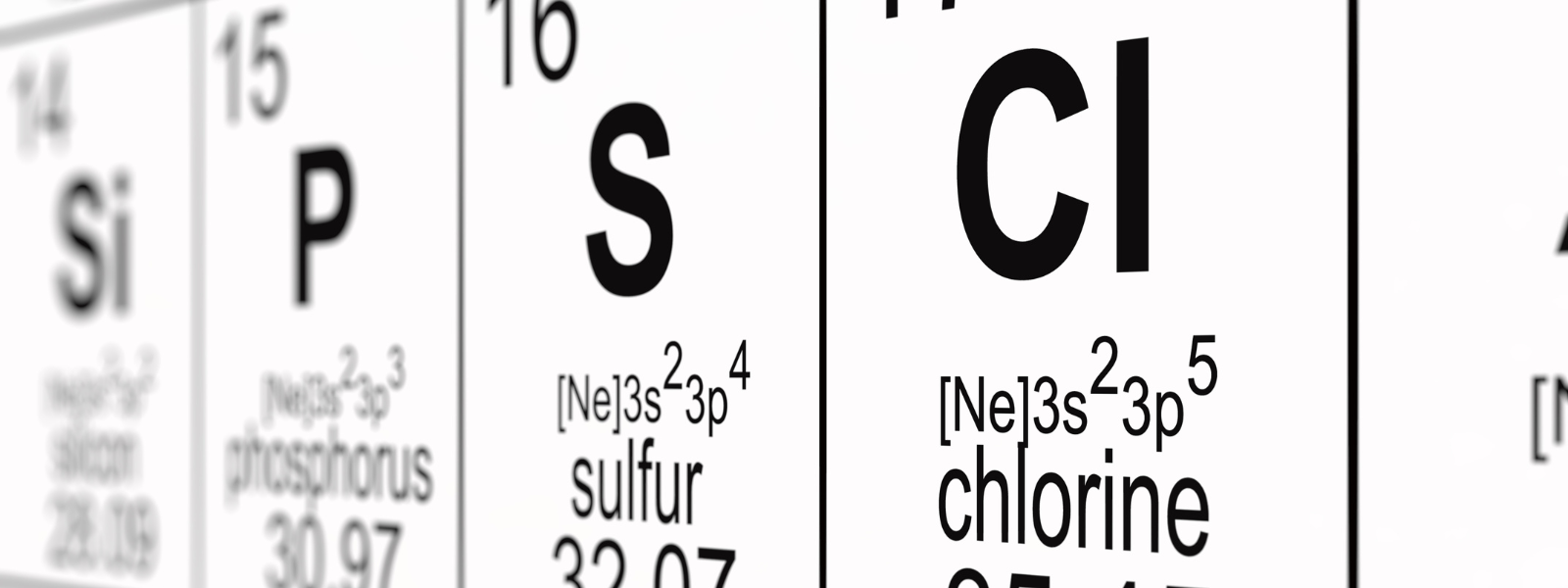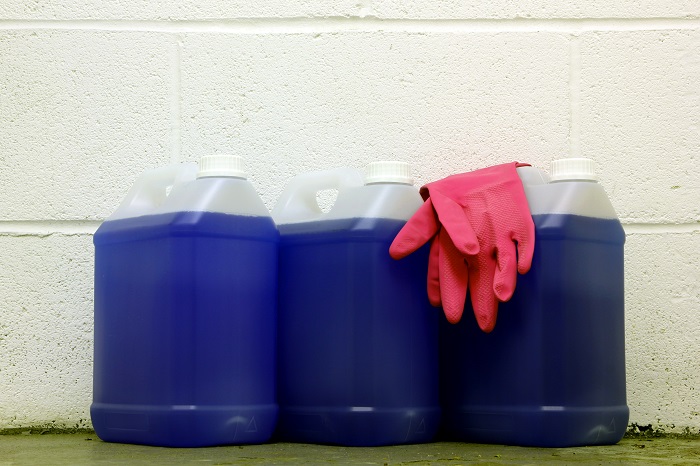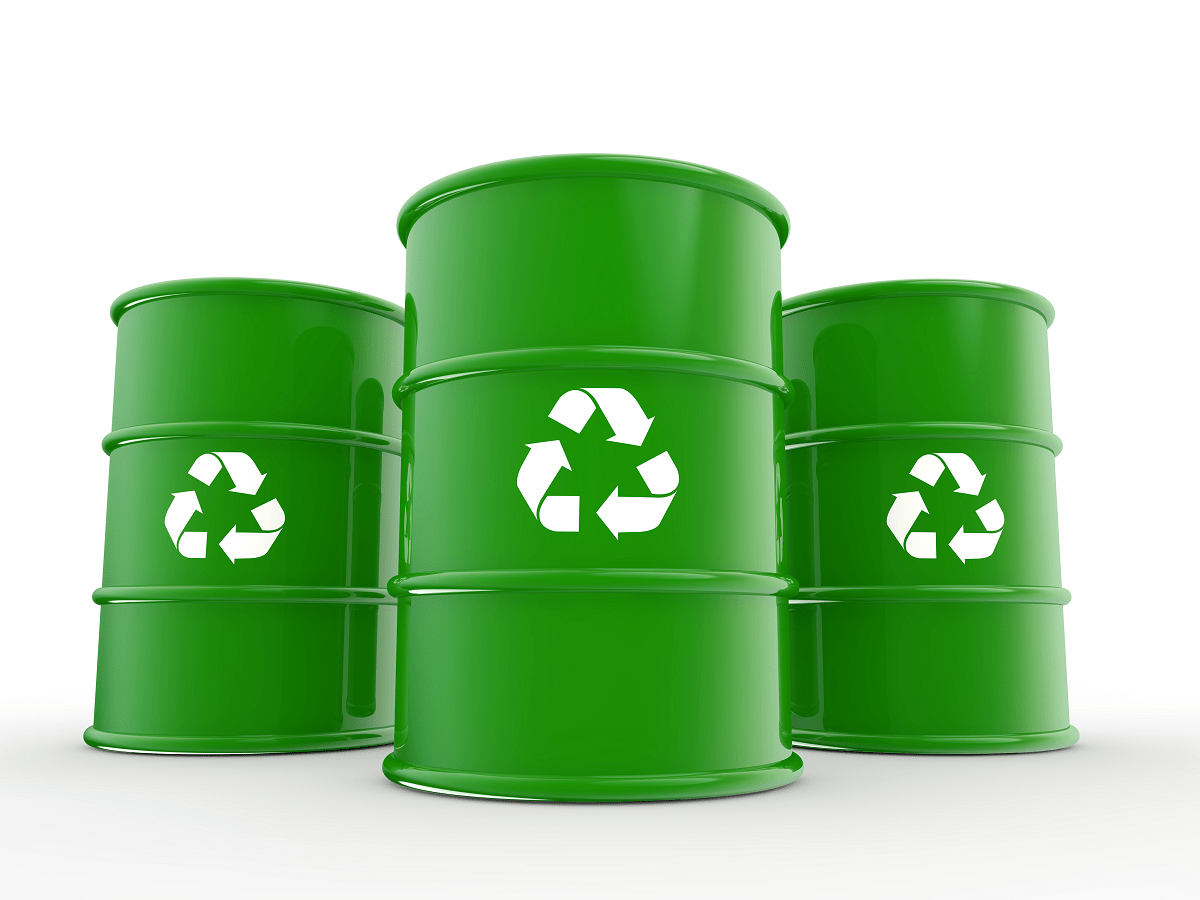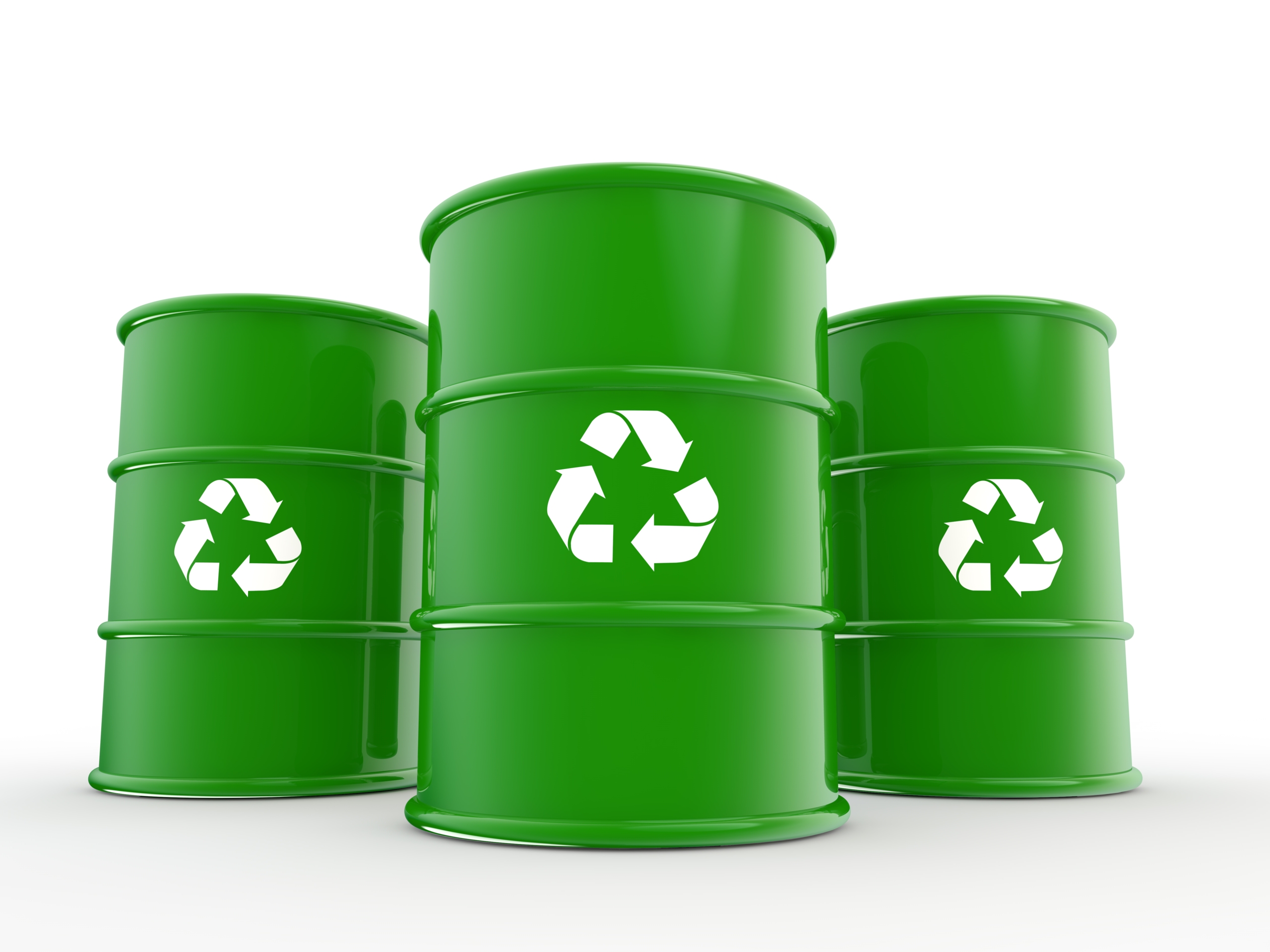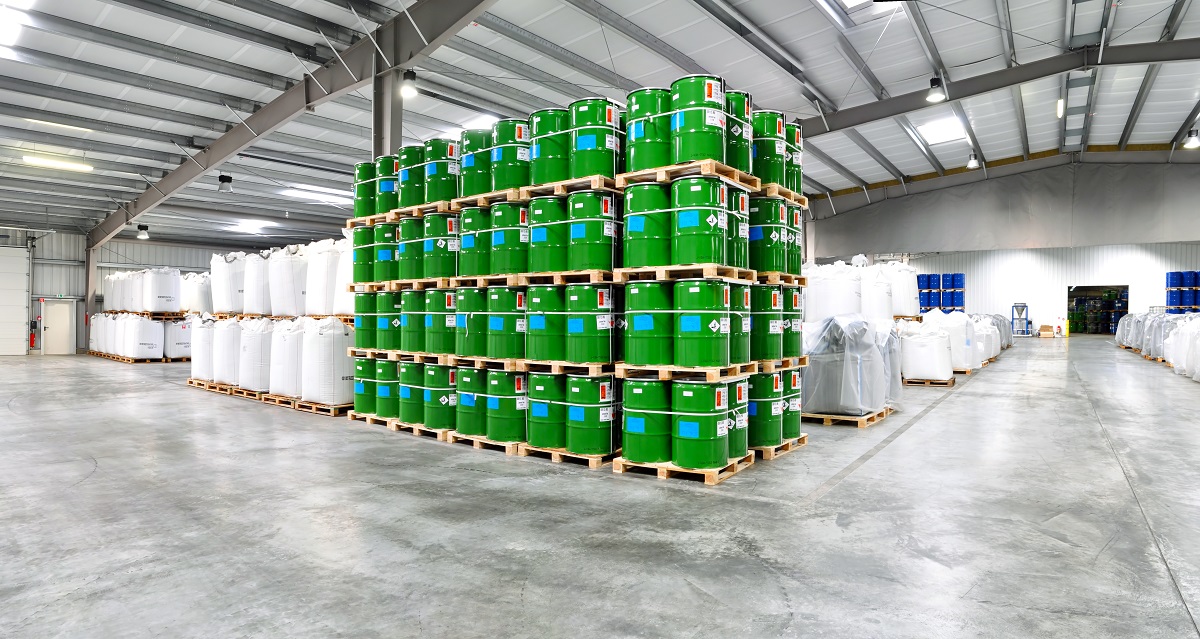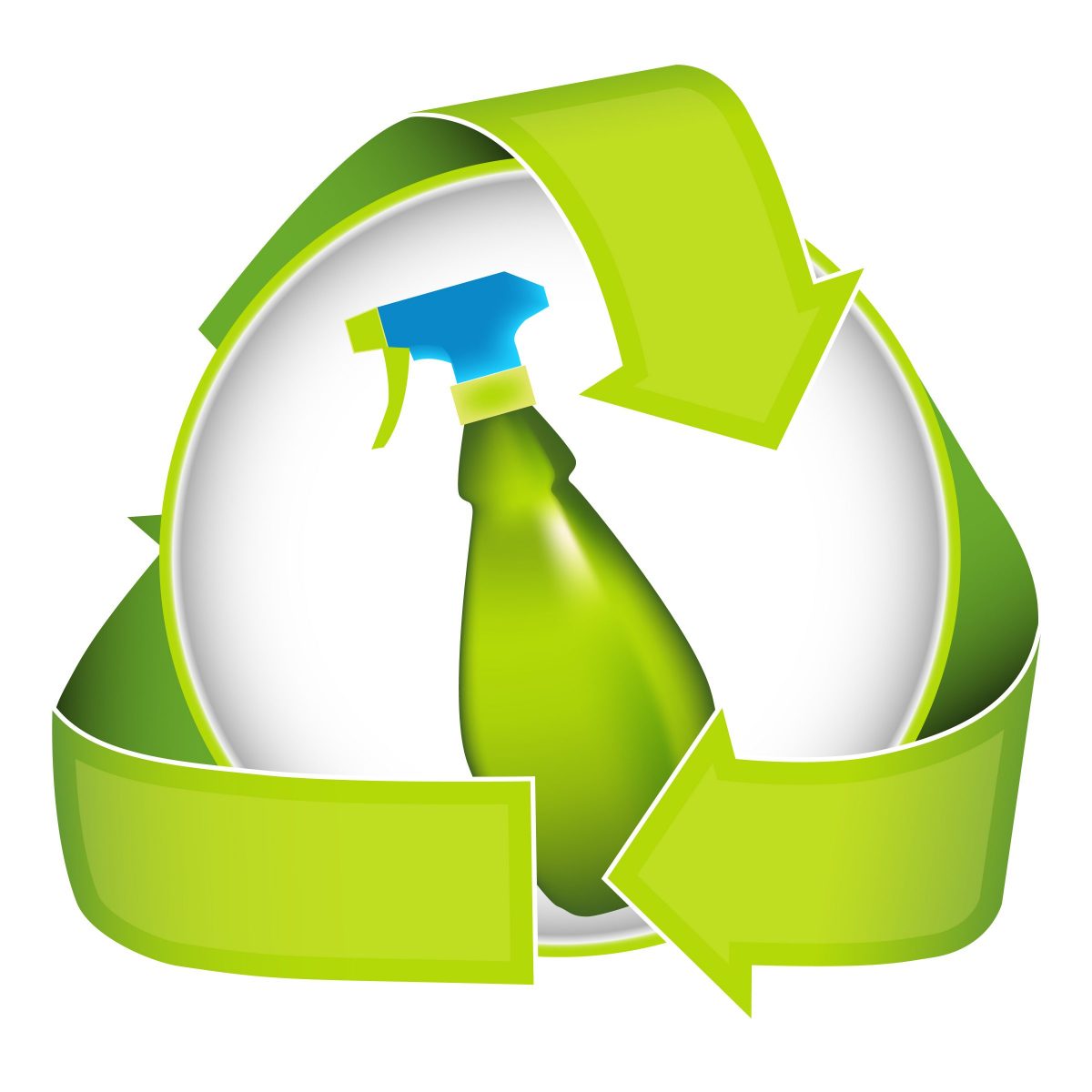Just like with machines, it’s important that weapons are cleaned and well-maintained to prevent accidents from occurring. In this blog post, we’re...
Blog


CHEMICAL INDUSTRY NEWS
Chemical Chat – Discover What’s New!
High Flash Point Solvent: Advantages and Industrial Applications
High flash point solvents are substances that ignite at significantly high temperatures. These chemicals can be utilized by manufacturers for...
Chlorinated Solvents vs Non-Chlorinated Solvents: A Comparative Overview
Solvents are substances utilized by multiple industries for diverse applications. Non-chlorinated and chlorinated solvents are two examples among...
Acetone VOC Content: Understanding Its Role in Cleaning Solutions
Acetone, or dimethyl ketone, is a popular liquid in chemistry and industries. It is colorless and potent in various...
High Flash Point Solvent: Advantages and Industrial Applications
High flash point solvents are substances that ignite at significantly high temperatures. These chemicals can be...
Company News
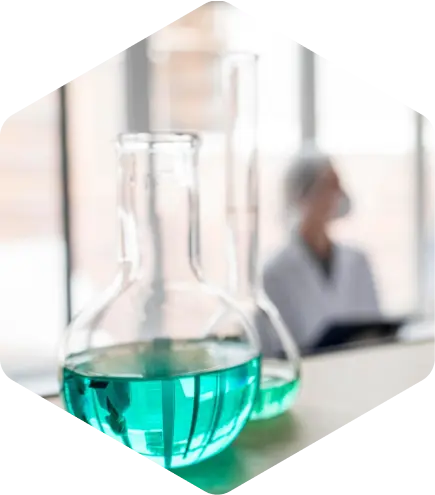
Managed Services
Discover the Latest in Safe and Sustainable Chemical Solutions
Stay informed with Ecolink’s blog! Subscribe now
Chemical Management Information
Stay updated with us
Sign Up for the Latest Updates
Stay informed about chemical supply chain disruptions and emerging innovations to keep your business at the forefront of efficiency and innovation. Uncover new ways to make your business practices more sustainable by incorporating safer products into your cleaning lineup.





